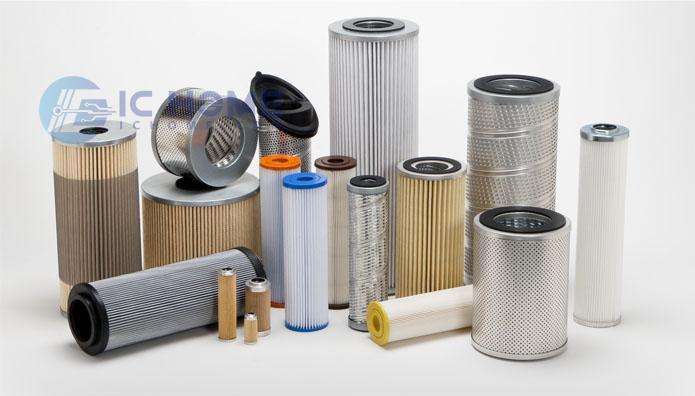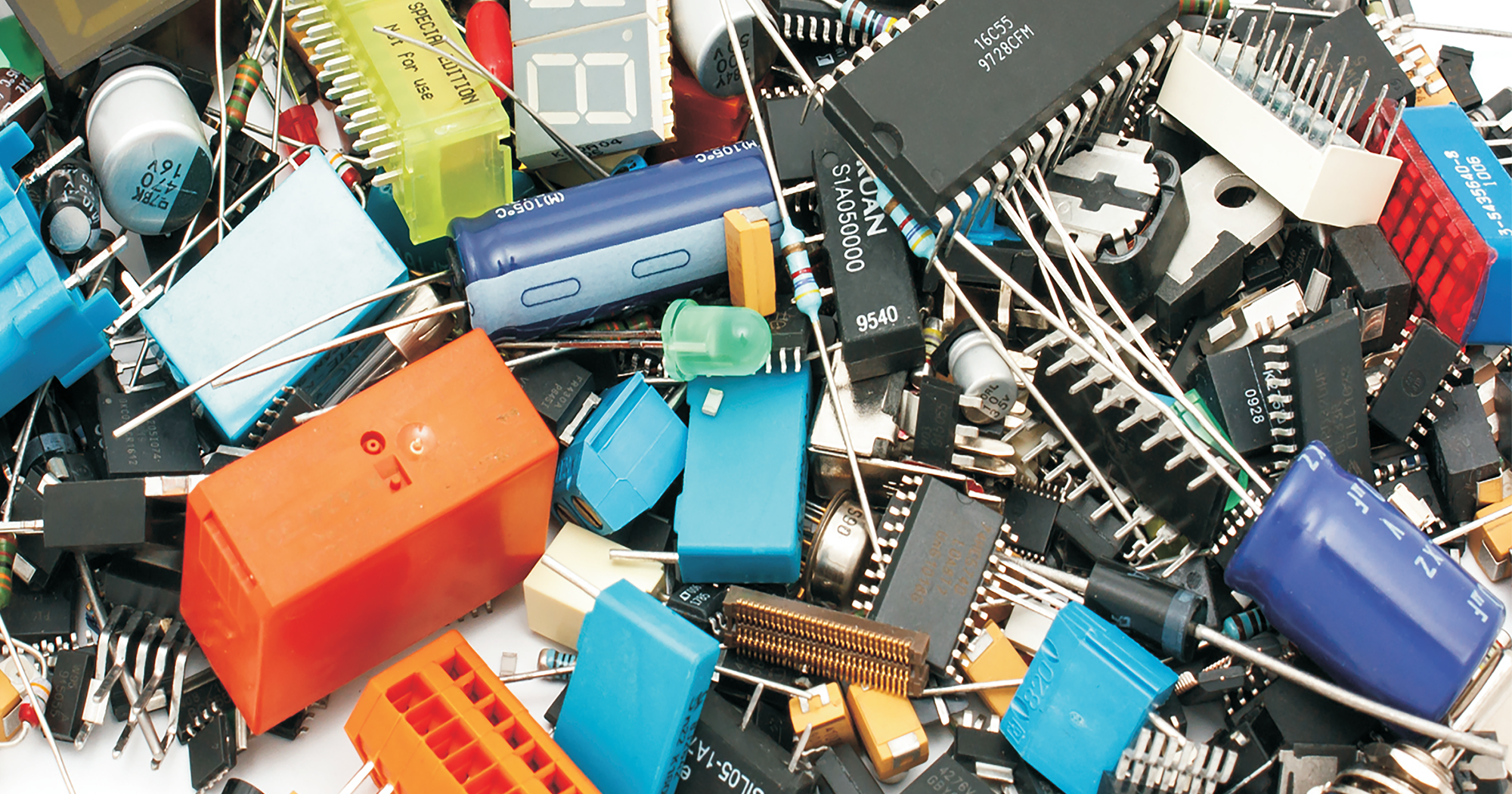- 2024-11-26 15:26:24
- admin
- 1 Просмотры
Advanced Filter Solutions: Boosting Efficiency in Modern Electronics
Filters are a critical component in electronic circuits, ensuring clean signal processing and minimizing interference. As technology advances, the demand for high-performance, application-specific filters continues to grow. This article explores the latest advancements in filter technologies, their core functionalities, and how they enhance modern electronic applications.

The Role of Filters in Electronic Systems
Filters are indispensable in managing the quality of signals in electronic circuits. They remove unwanted noise, separate frequencies, and optimize the overall system performance. Filters generally fall into one of these categories:
- Low-Pass Filters (LPF): Allow low-frequency signals to pass while attenuating higher frequencies.
- High-Pass Filters (HPF): Allow high-frequency signals to pass while blocking lower frequencies.
- Band-Pass Filters (BPF): Permit a specific range of frequencies to pass through while rejecting frequencies outside this range.
- Notch Filters: Block a specific narrow frequency band and pass all others.
These filters can be implemented using passive components, active circuitry, or digital algorithms, depending on the application.
Latest Innovations in Filter Technology
1. Miniaturized Filters for Space-Constrained Designs
With the advent of IoT devices and wearable technology, compact designs are a priority. Manufacturers are developing miniaturized filters using advanced ceramic and MEMS technologies. These solutions offer high performance while saving space, making them ideal for smartphones, smartwatches, and other portable devices.
2. Wideband Filters for 5G Networks
The proliferation of 5G networks has pushed the boundaries of filter design. Wideband filters, capable of handling broader frequency ranges, are now essential for seamless connectivity. These filters support higher data rates and reduce latency in telecommunications systems, enhancing user experiences in mobile communications, streaming, and virtual reality.
3. Automotive-Grade Filters for EV Applications
Electric vehicles (EVs) demand robust electromagnetic compatibility (EMC) to prevent interference between power electronics and communication modules. Automotive-grade filters are designed to withstand harsh environments while maintaining performance. These filters are integral in inverter systems, battery management units (BMUs), and charging stations.
4. Digital Filters in Advanced Signal Processing
Digital filters, implemented through algorithms, are gaining traction in complex systems. Unlike analog filters, they offer precise control over signal characteristics and can adapt to varying operational requirements. Applications include audio signal processing, medical imaging devices, and radar systems.
Key Applications of Filters
-
Consumer Electronics
- Noise suppression in audio systems.
- Frequency selection in wireless communication modules.
-
Industrial Automation
- EMI filters for factory automation equipment.
- Signal conditioning in sensors and measurement devices.
-
Healthcare Devices
- Filters in electrocardiogram (ECG) machines to isolate heart signals.
- Noise reduction in diagnostic imaging systems like MRIs and CT scans.
-
Telecommunications
- Channel selection in wireless base stations.
- Interference management in satellite communications.
Why Filters are Essential in Modern Electronics
Filters contribute to the reliability, efficiency, and functionality of electronic systems. By ensuring clean signal transmission, they enable devices to operate without interference, thereby improving user experiences. The continuous evolution of filter technologies is driving the development of smarter, more efficient electronics for various industries.
Conclusion
Filters are the unsung heroes of electronic systems, ensuring optimal performance across diverse applications. From miniaturized filters in IoT devices to robust automotive-grade filters for EVs, these components are at the forefront of technological advancement. As demand for higher performance and efficiency grows, innovations in filter design will continue to shape the future of modern electronics.
For more information or to request a quote, please feel free to send us an RFQ.
- Теги:
- Filters




